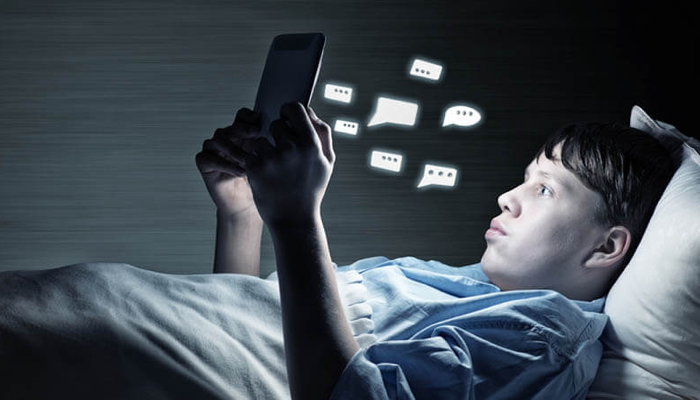Why you should use technology less

Over the past few years, I’ve taken to using technology less and less in my daily life.
- I leave my phone in the car when going to a party or social event. I’ll only fetch it if I want to take a picture, and only after appreciating the moment I’d like to capture to the fullest.
- When I listen to music on my phone (via headphones) during the long walks I take to get exercise and relax, I don’t check my phone at all. If the environment around me is interesting enough, I’ll stop the music to take in the sounds around me.
- I limit the time I spend perusing social media to 15 minutes at a time, and only when I’m in a relaxed mood, often in the evening. If I’m sent an interesting article during the day, I’ll quickly post it to LinkedIn/Twitter to share with others who could benefit from it, but not use that opportunity to browse other’s posts.
- When it comes to work commitments, I will call or meet with people when possible, rather than message or email them.
A decade ago, my habits were entirely different:
- I was tethered to my BlackBerry smartphone.
- Social media was a drug addiction, and I had no desire to quit.
- Personal relationships had to fit my digital lifestyle, and my life was online all the time.
Unfortunately, if you replace the word BlackBerry with an iPhone or Android phone, you’ll describe many of the people I know today. But why?!? Jonathan Safran Foer wrote an article in the New York Times 5 years ago that described our increasingly disturbing relationship with technology over the years:
- Most of our communication technologies began as diminished substitutes for an impossible activity. We couldn’t always see one another face to face, so the telephone made it possible to keep in touch at a distance. One is not always home, so the answering machine made a kind of interaction possible without the person being near his phone.
- But then a funny thing happened — we began to prefer the diminished substitute.
- The problem with accepting — with preferring — diminished substitutes is that over time, we, too, become diminished substitutes. People who become used to saying little become used to feeling little.
Technology has tremendous benefits, but when used improperly can become a diminished substitute for the joys of life. I read the article, but it didn’t strike a chord with me until a few years later when events surrounding me left me remembering its message. It was then that I started changing my technology views and habits for the better.
I’m not alone, however. Until last year, I worked with a brilliant programmer who never had a smartphone. A laptop with Skype provided him the ability to talk with others face-to-face, and an iPad provided portable Internet when needed. At the time, I thought this was absurd, but today I applaud his ability to choose technology that didn’t diminish his ability to enjoy life.
I hope this blog post inspires you to refine your relationship with technology to enjoy all that life can give you!